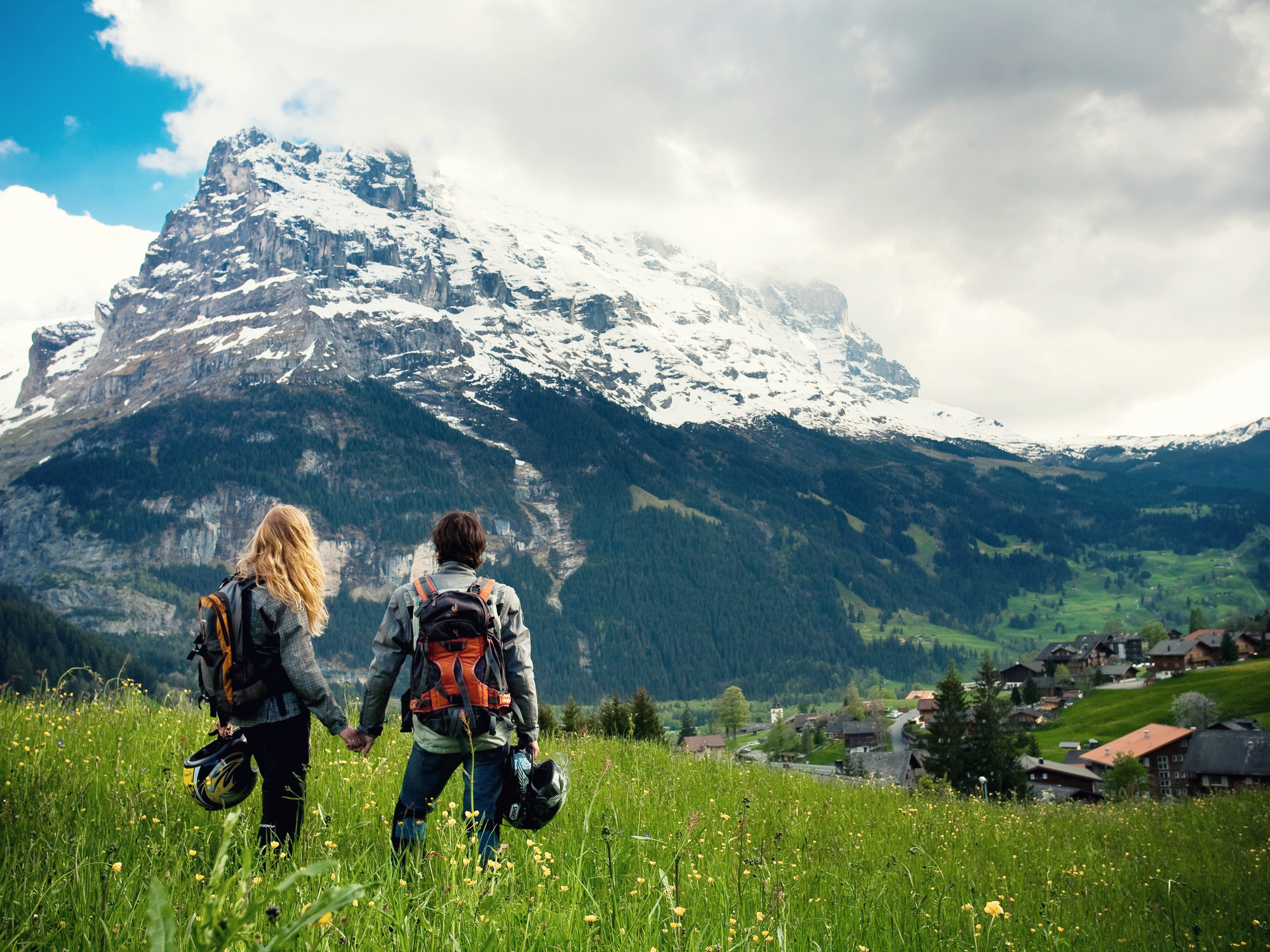77% of travelers globally want to travel in the next year, with Europe reigning as top destination

The Amadeus survey of 9,074 consumers across France, Germany, India, Spain, Russia, Singapore, the UAE, the UK, and the US shows the appetite to travel is high. At the same time, it reveals that greater clarity on restrictions and guidelines will be key to unlocking increased traveler confidence. Over a third (35%) of travelers said the current international guidelines around where and how to travel are confusing, making them less likely to book business and/or leisure travel. In Asia Pacific (APAC), 37% of travellers in India and 40% of those in Singapore shared the same sentiment.
At the same time, travellers are exhibiting increased openness to embrace technology and a willingness to share health data so they can start traveling again.
When asked about the receptiveness to share personal health data, the survey results show:
- 93% of travelers globally would be willing to provide personal data for the effective use of digital health passports or certificates, a slight increase from 91% in February 2021. In both India and Singapore, the figure was slightly higher than the global average at 95%.
- Almost half (48%) of business travelers worldwide would be willing to provide their health data to visit a conference or event, compared to 53% in India and 54% in Singapore. Meanwhile 36% of leisure travelers would be willing to share such information for an excursion or activity at destination, versus 35% and 38% of Indian and Singaporean leisure travelers respectively.
When asked which technology would increase confidence to travel in the next 12 months, mobile solutions continue to be the most popular, with the top technologies including:
- Mobile applications that provide on-trip notifications and alerts (44%) (India: 55%; Singapore: 45%)
- Self-service check-in (41%) (India: 49%; Singapore: 53%)
- Contactless mobile payments (e.g., Apple or Google Pay, Paypal, Venmo) (41%) (India: 47%; Singapore: 47%)
- Automated and flexible cancellation policies (40%) (India: 42%; Singapore: 45%)
97% of travellers say that technology will increase their confidence to travel, up from 91% in February 2021 and 84% in September 2020, showing a growing sense of traveler confidence in technology.
When considering the future of travel and sustainability, the survey highlighted what solutions travelers believe might help the industry to become more sustainable long-term. The results showed:
- Nearly half (46%) of travelers said greater availability of green modes of transport, e.g., electric planes or trains. The figures in India (51%) and Singapore (53%) were slightly higher.
- A similar percentage (44%) believe making sustainable travel more cost effective would be beneficial. Exactly half (50%) of the respondents in Singapore, and 49% in India, felt this way.
- 41% say transparency around travel companies’ sustainability policies would help. Here, too, the numbers were higher for APAC travelers, with 54% in India and 50% in Singapore rating this a priority.
Although receptiveness to travel in the next year is high, the travel industry needs to consider how to respond to changing traveler concerns as the travel environment continues to adapt. The three main concerns travelers have are:
- Fears of catching COVID-19 while traveling (41%) (India: 54%; Singapore: 54%)
- Self-isolation or quarantine before and after travel (41%) (India: 42%; Singapore: 44%)
- Changing restrictions resulting in last minute cancellations (37%) (India: 29%; Singapore: 41%)
In comparison to the previous studies, fears of catching the virus maintain a top concern for travelers, alongside self-isolation, or quarantine. Jonathan Tong, Vice President, Airline Solutions & IT Sales in Asia Pacific at Amadeus, says: “As countries in Asia Pacific achieve higher vaccination rates, they are beginning to reopen their borders and restart international travel. However, it’s becoming increasingly clear that for international travel to restart in a meaningful way, technology will need to play a central role. For example, biometric and contactless solutions can help reduce transmission of the virus, while digital health passes will help create a more frictionless and stress-free experience for travellers. Amadeus continues to advocate for closer collaboration between stakeholders across the industry including, airlines, hotels, technology providers and governments, to expedite the industry’s recovery.”


Comments are closed.